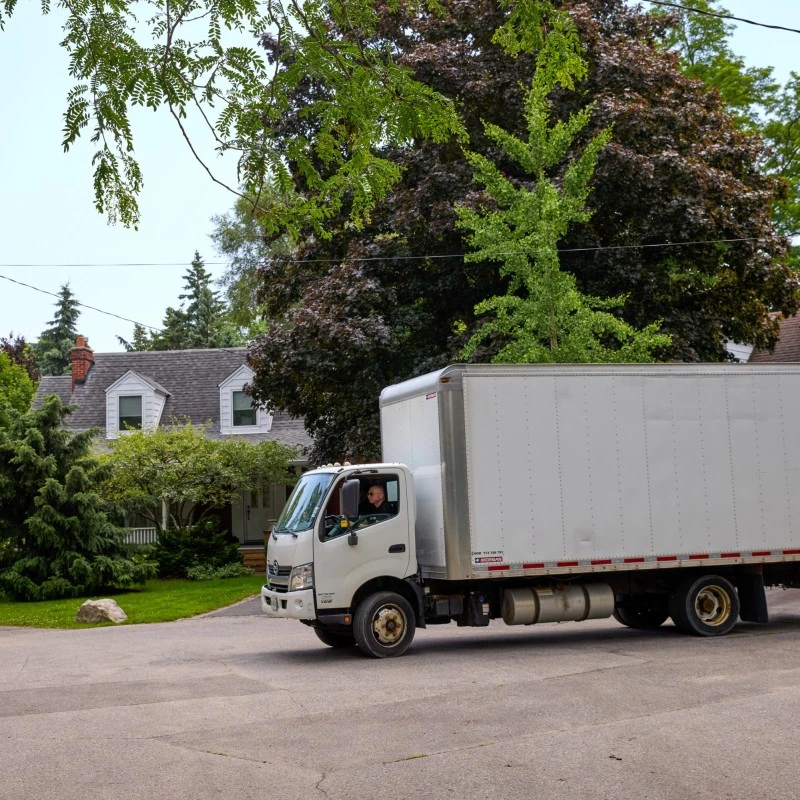A Guide to Pet Adoption in Canada: What You Need to Know

Adoption saves lives by giving homeless, neglected, and abused animals a chance at a good life. Animal shelters are often overcrowded, and adopting a pet frees up valuable space and resources for other animals in need.
Pet adoption helps combat unethical breeding practices and puppy mills, where animals are often kept in poor conditions. An added bonus is that pet adoption is often more affordable than buying from breeders or pet stores.
Adopting a pet supports animal welfare organisations such as the SPCA, contributing to ongoing efforts to promote humane treatment and animal wellbeing.
In this article, we cover the most important factors in pet adoption:
The pet adoption process in Canada

First you will need to do some research and find out about animal shelters and adoption agencies in your area. Often shelters and agencies will have a catalogue of animals currently available for adoption. This allows for the convenience of reading about each animal, and most places will include information such as age, exact breed(s), temperament and current state of health.
Often the animals are being temporarily fostered by volunteers. Spend some time visiting various shelters and animals in foster care. Many pet owners say that they instinctively know when they have found the right companion to take home, and It’s good to meet a bunch of animals before making your choice. This one choice will affect your life in a monumental way for the next 10-15 years.
READ: Where to Adopt a Dog or Cat in Vancouver? The Pet Adoption Application
Shelters and agencies in Canada care deeply about the future of every animal that has passed through their establishment. The application to adopt a pet involves ensuring a good match between you and the pet, and assurance that the pet’s well-being is guaranteed.
You will most likely be carefully vetted to make sure you fit the bill for pet adoption. Application forms will request details of your personal information, living situation and experience with pets.
Next is an interview, either in-person or over the phone, where the adoption agency or shelter staff will want to discuss your lifestyle, expectations, and readiness for having a pet. Some shelters may require a home visit to make sure your home is a suitable environment for having a pet.
Once approved, you will sign an adoption agreement that outlines your responsibilities and the shelter’s policies.
The final steps include paying an adoption fee and then, the exciting part! The pet will come home and the transition can begin under the guidance and support of the shelter or adoption agency.
Pet adoption fees in Canada
Adoption fees vary by location and type of pet. For a general idea of how much it will cost to adopt an animal in Canada, here are the standard fees for each animal, if you were to adopt from the Ontario S.P.C.A. and Humane Society:
-
Dog/puppy - $585
-
Cat/kitten - $260
-
Senior cat (10 years+) - $100
-
Rabbit - $130
-
Small animal - $26
-
Bird - varies depending on species
Adoption fees help cover the medical care (such as vaccinations and spaying/neutering) of the animal while he or she is at the shelter, as well as food and transportation costs. Some shelters and agencies will even microchip the animal.
These fees help to provide care for other animals in the shelter who may have medical bills that are much higher than any adoption fee. The money is also a form of donation to help support the organisation, allowing the group to continue its efforts to rescue and rehome pets.
READ: Moving with Pets Made Easy: Best Pet Carriers & Pet Transporters
Registering your dog in Canada and why you need a dog licence
 Canadian municipalities have some rules in place to keep animals and residents as safe as possible. Dog owners must register their dog (usually at the municipal hall) and obtain a dog licence. An identification number will be issued to the owner along with a dog tag that has the number and a contact number for the place where the dog was registered. If a dog is found wandering or lost, the tag is a way for the rescuer to call authorities and get the owner’s contact information.
Canadian municipalities have some rules in place to keep animals and residents as safe as possible. Dog owners must register their dog (usually at the municipal hall) and obtain a dog licence. An identification number will be issued to the owner along with a dog tag that has the number and a contact number for the place where the dog was registered. If a dog is found wandering or lost, the tag is a way for the rescuer to call authorities and get the owner’s contact information.
Licensing a dog may also require that the dog has a current rabies vaccination, but usually the shelter or adoption agency will cover this. A licence costs a small fee, and requires renewal annually or every few years.
SPCA and the Humane Society
The SPCA (Society for the Prevention of Cruelty to Animals) is an organisation operated by the Humane Society of Canada. The SPCA and Humane Society are dedicated to the welfare and protection of animals. They operate shelters, provide medical care, and facilitate pet adoptions. Because of the SPCA, hundreds of homeless, neglected and abused animals get a chance to have a better life. The organisation also advocates for animal rights and provides public education on responsible pet ownership. There are 125 SPCA locations across Canada.
Ethical considerations when adopting a pet
Owning a pet is a multi-faceted experience and comes with important ethical considerations. Pet owners must provide a safe, loving, and stable environment for the pet’s entire life.
For dog owners, the dog’s breed is a huge factor. So many city dwellers, busy parents or people that work too much get dogs and then down the line, realise that they cannot provide the care needed for the dog. Certain breeds need massive amounts of exercise and to run in open spaces. Puppies require 24/7 supervision for the first part of their life. Dogs don’t like to be left alone all day while their owners are at work, although this is sometimes unavoidable.
Pet owners also need to commit to proper veterinary care to keep their animal(s) healthy. Pets should also be spayed or neutered to help control the pet population and prevent overpopulation in shelters (this is already a big issue). Ethical pet ownership means treating pets with respect, compassion, and responsibility.
Animal cruelty is a criminal offence in Canada. Penalties for animal cruelty can include fines, imprisonment, and bans on owning animals. Provincial and territorial laws provide further protections, and organisations like the SPCA help to enforce these laws in the name of animal welfare. These laws exist to safeguard animals from abuse and neglect.
What do our customers say?


























